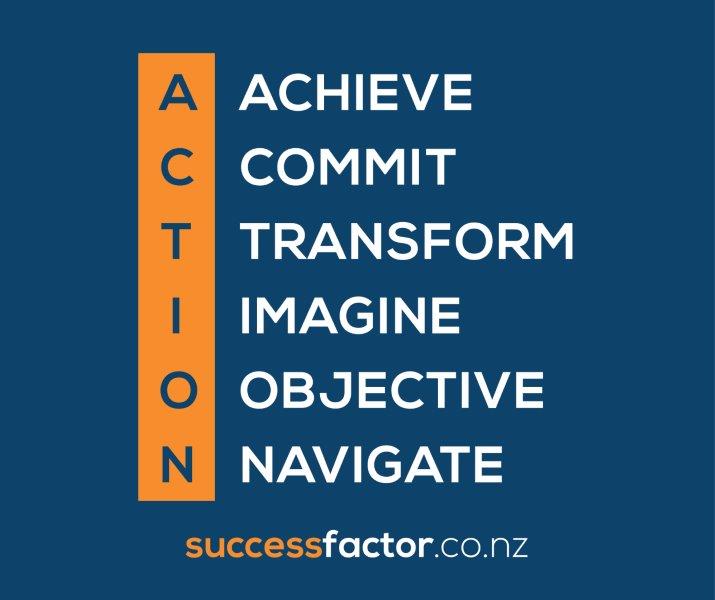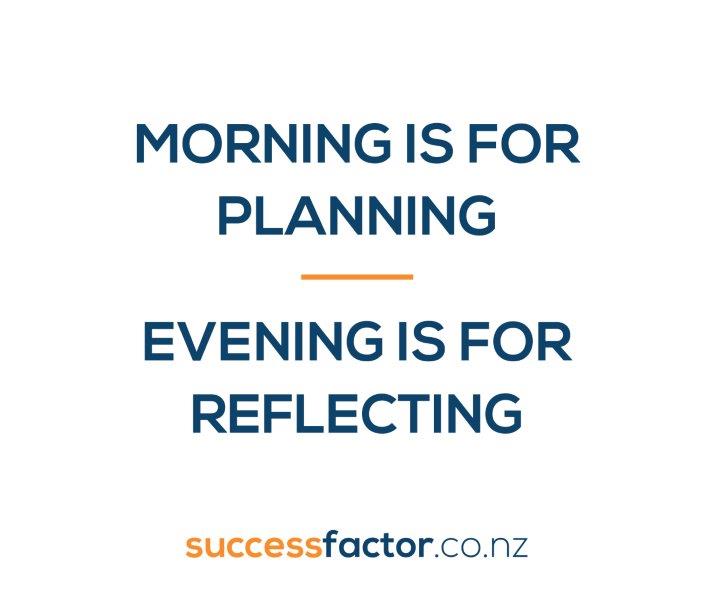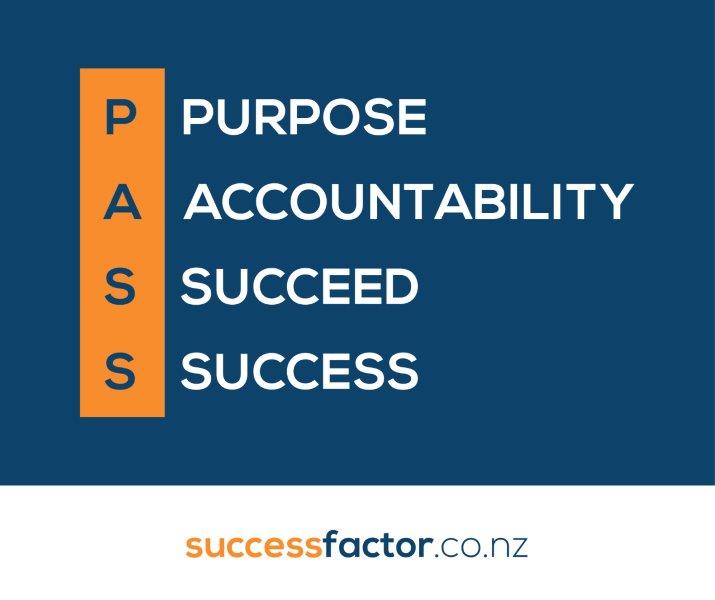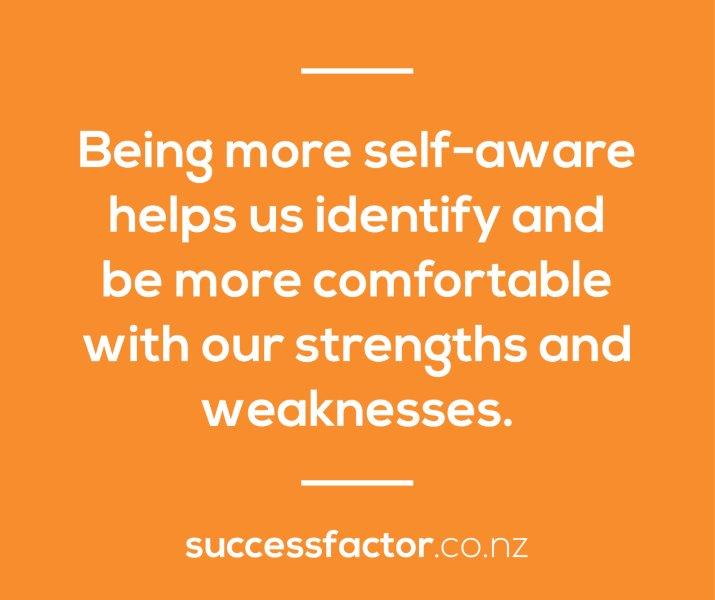How to Develop a Life Plan

Developing a life plan is an effective way to clarify your goals, make conscious decisions, and create a roadmap for personal and professional success. It involves reflecting on our values, setting clear objectives, and devising strategies to achieve them. Here are some steps to develop a life plan and the benefits it can bring: Self-reflection: Start by identifying your core values, strengths, and passions. Reflect on your purpose, what brings you fulfilment, and what you envision for your future Set goals: Based on your reflections, set specific, measurable, achievable, relevant, and time-bound (SMART) goals. Break them down into short-term and long-term objectives to make them more manageable Create action plans: Develop a step-by-step plan to achieve your goals. Break down each goal into smaller tasks and allocate resources, timelines, and milestones to monitor progress Seek support: Surround yourself with a supportive network of family, friends, mentors, or coaches who can



